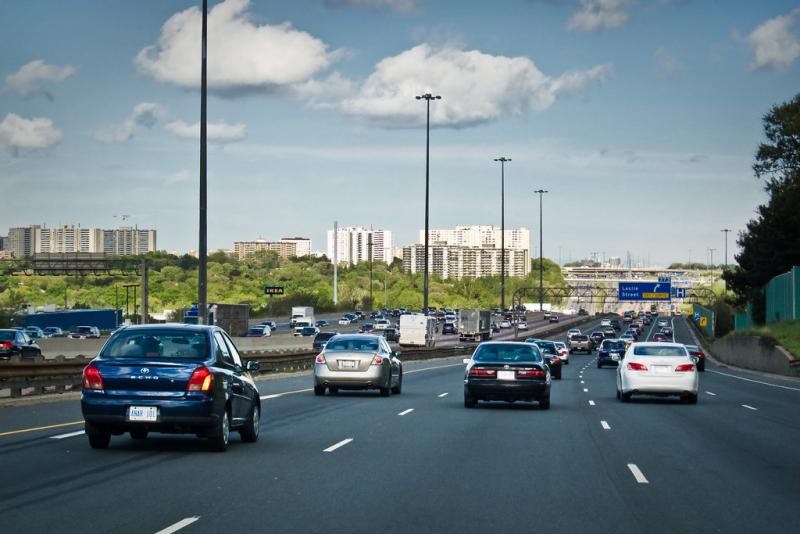
Until recently, few people had heard of the Transportation Climate Initiative (TCI), the compact of 12 states agreeing impose a cap and trade program on transportation fuels. Now, after the program released the first details on what it would do to accomplish its goals, the uber-expensive gas tax scheme is becoming controversial.
States are getting a good look at the high costs TCI promises to impose on residents, for little environmental benefit. Here are some of the big reasons why TCI is expensive, ineffective, and unpopular…
It is a costly new gas tax:
- TCI could impose a $56 billion annual gas tax on participating states. According to TCI’s own numbers, the impact on gas prices could be as much as a 17-cents-per-gallon.
- The hefty cost won’t come close to keeping enough cars off the road to reach its goals. Research shows it takes more extreme increases in gas prices to reduce demand for driving. That means the actual added costs on gas could be four times higher than the initial TCI estimates.
- The cost of carbon implied by TCI is $2,700 per ton, but the existing Regional Greenhouse Gas Initiative (RGGI) price is $6 per ton. Based on the program’s proposed $45 billion cost to cut 16.5 million tons of CO2 emissions, the TCI cost of carbon is $2,700 per metric ton – compare that to the Regional Greenhouse Gas Initiative’s $6 per ton cost for an emissions allowance.
- Pennsylvania’s gas tax is already the 2nd-highest in the nation. Already-overburdened families would get hit with an additional yearly cost of $210 per household under TCI.
- Everyone will pay more for goods. Every Pennsylvanian, even the few non-drivers, would get hit with higher costs as goods shipped to the state by truck, will cost more to absorb the artificially inflated gas price.
It won’t do much for the environment:
- TCI will have a minimal impact on emissions, as low as a 1% reduction. TCI documents claim a small 1-6% reduction in emissions from the program, meanwhile emissions will already be reduced by 19% due to existing policy.
- TCI’s impact on temperatures would be too small to measure. Using the same modeling system as the U.N., Dr. Brent Bennett with Life:Powered found TCI’s impact on temperatures would be less than one thousandth of a degree.
- TCI overstates health benefits. Even the EPA’s most rosy scenario for its similar “Affordable Clean Energy Rule” is only one fifth the value claimed by TCI.
- Helps rich electric vehicle drivers. TCI might do more for well-off electric vehicle drivers than it does for the environment. They would pay lower fuel costs, and get to drive in HOV lanes in even more heavily-subsidized EVs. Meanwhile those who can least afford to pay more for a necessity, get hit with more expensive gas.
- Pennsylvania is already slashing CO2 emissions. The state’s emissions fell by 23 percent between 2005 and 2017.
It’s unpopular:
- Only 34% of respondents favor TCI when they know the cost. A poll conducted in Virginia found few residents favored TCI when they knew what it was and what it would cost.
- Governor Sununu of New Hampshire announced the state would withdraw from TCI. He said, “This program is a financial boondoggle and the people of New Hampshire will never support it.”
- VT Governor Scott, and ME Governor Mills, have both voiced opposition to increasing gas prices.
- The AFL-CIO President for Vermont slammed TCI, saying it would “do nothing more than take dollars out of the pockets of working people…”

